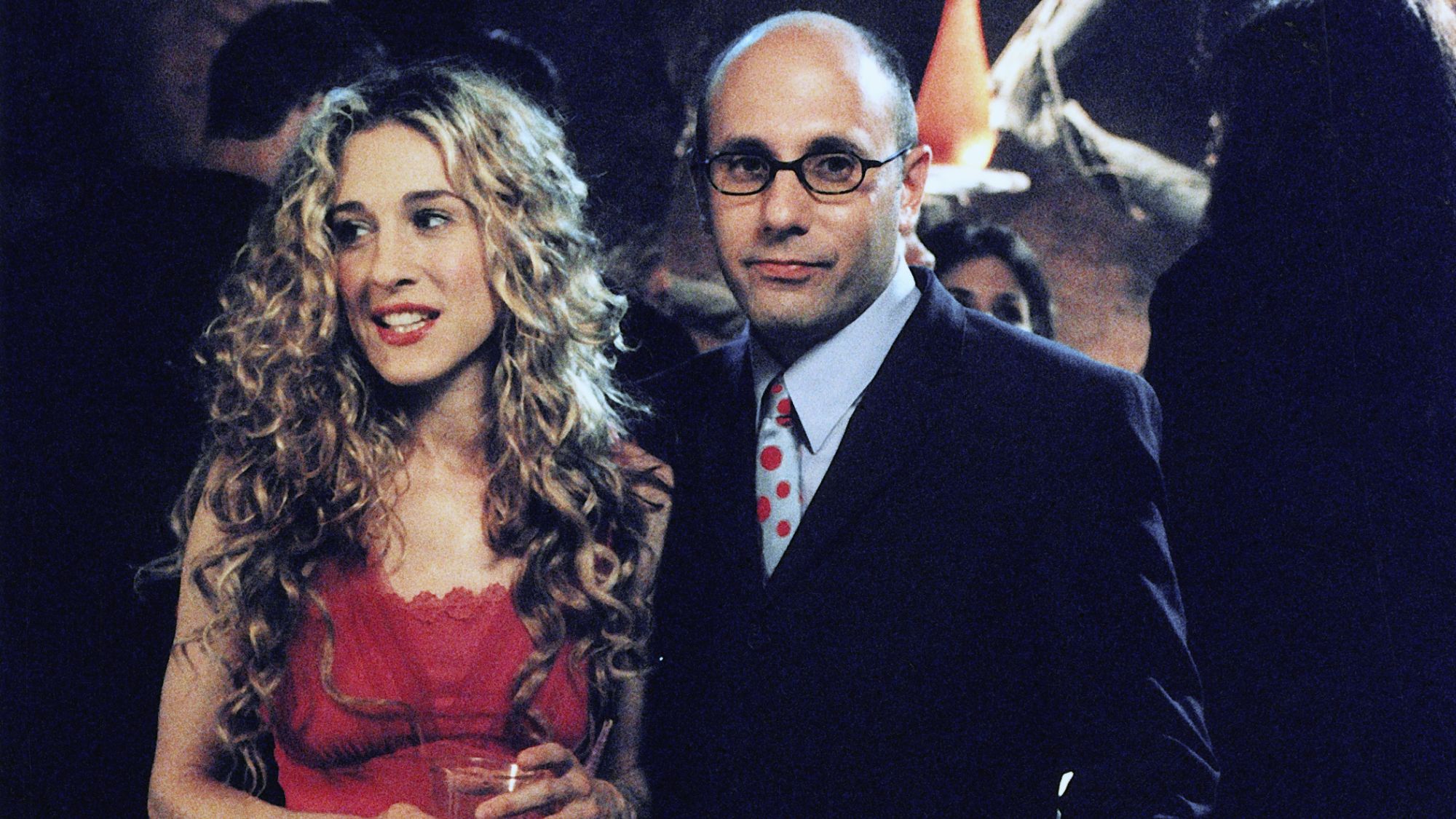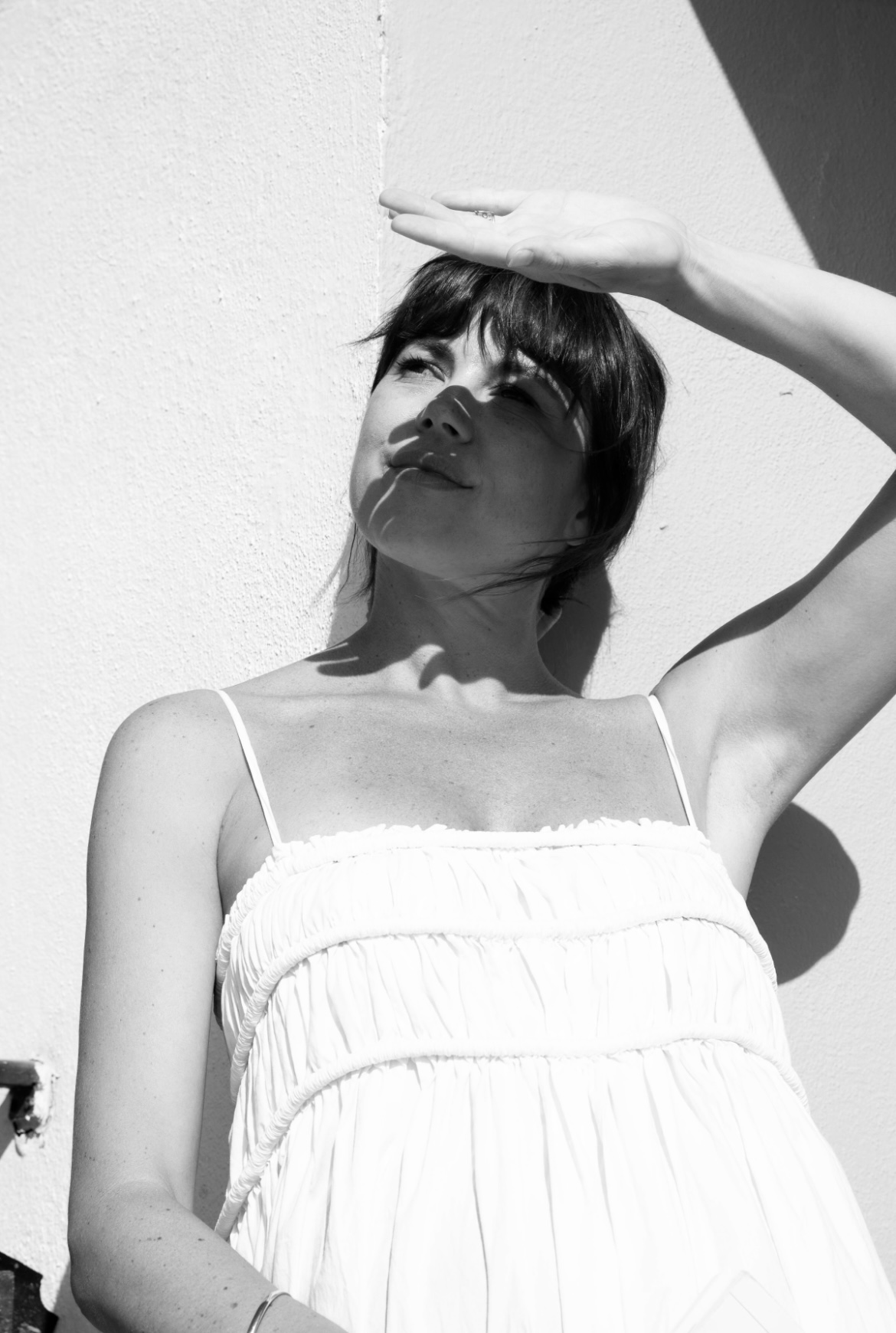My male best friend taught me what good love looks like
“I realised true love for another man had never made so much sense—and we’d never even kissed.”


In a sweaty dance studio late one Thursday night, learning how to vogue to Ariana Grande’s Yes, and? is where I first felt it—what Good Love looks like. I was with my Male Best Friend, in a simple white singlet and loose pant combo, when I realised true love for another man had never made so much sense—and we’d never even kissed.
A couple of months earlier, I’d had a bleak dating experience that left me feeling hollow and disillusioned and (don’t tell my therapist) resentful of men. I stopped wanting to dress cute, put myself out there or even be looked at, which felt like a shameful relinquishing of my 21st century Evolved Woman Energy. And then I made a Male Best Friend that changed the way I feel about love entirely.
My MBF and I met over a year ago on a platonic blind date set up by a mutual friend. We sat down at a wine bar and didn’t leave until they were closing. It was one of the greatest collisions of energy I’ve experienced and a kind of romance we don’t often mythologise. We’ve been inseparable ever since.
We do almost all the things lovers do; we help carry new mattresses up flights of stairs, buy trinkets for one another on holiday, write each other cards and send voice notes. We know when to call, when to go quiet, and when to leave a block of chocolate at the front door without going inside.
As you get older, being single becomes less about not having someone to make out with, and more about craving someone to help you navigate the load of life. We lift each other up in ways that romance has been unable to do for either of us so far.
Out here with my MBF, in a room where no one wants to fuck me, I feel free.
This female-protagonist-and-gay-best-friend dynamic isn’t a new phenomenon, of course. Most millennial women grew up watching Stanford in Sex and the City be the most reliable man in Carrie’s life. Or Hannah and Elijah’s unmatched, chaotic friendship in Girls. It crops up in pop culture time and time again—My Best Friend’s Wedding, The Perks of Being a Wallflower, Crazy Rich Asians, and Good Grief. What is it that’s so captivating about this dynamic? That Margaret Atwood quote springs to mind—“Men are afraid that women will laugh at them. Women are afraid that men will kill them.” Out here with my MBF, in a room where no one wants to fuck me, I feel free.
There’s a reason Adam Brody’s character in Netflix’s new series Nobody Wants This delivering the line ‘I can handle you’ has gone viral. Women are constantly wrestling with the feeling that they’re too much, and to fall in love, they must find someone who will tolerate them. In my experience, MBFs dissolve this feeling completely.
Celebrity news, beauty, fashion advice, and fascinating features, delivered straight to your inbox!
It’s this kind of friendship that reveals how much you can love someone in such an uncomplicated way that all other love around it starts to seem straightforward. It’s what therapists call ‘unconditional’. It’s what married couples swear they have. He might not be someone I sleep with, but that’s not the point.
As I’m writing this, my phone buzzes. It’s my MBF: “Dinner’s booked. Meet me at the top of your street at 8. Dress like the hot, successful bitch you are.”
Like all friendships, our dynamic will change. Maybe he’ll move away. Maybe he’ll fall in love. Maybe I will, too. Regardless of what happens, isn’t it the luckiest thing? To know what Good Love feels like and how to reciprocate it, and most of all, be able to recognise it when it comes—whatever shape it takes.
Bel Hawkins is the co-author of Shit You Should Care About’s book Make It Make Sense, which is out now.
Bel Hawkins is a Lisbon-based freelance writer and creative obsessed with the way our online and offline worlds collide.
